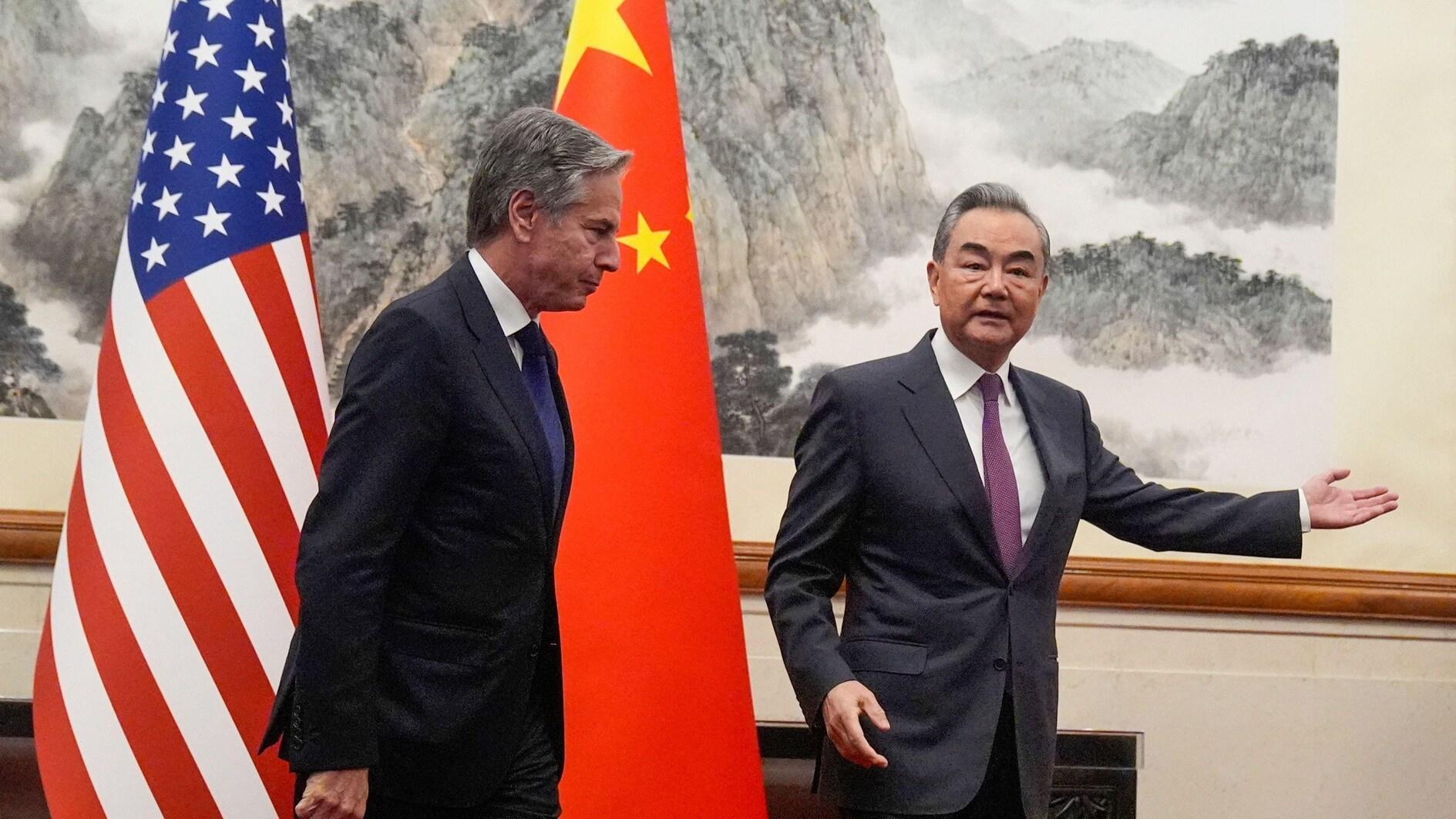Explained: Erdoğan vs. the Constitutional Court
William Armstrong - william.armstrong@hdn.com.tr

AA photo
The current showdown between Turkey’s Constitutional Court, the ruling Justice and Development Party (AKP) and President Recep Tayyip Erdoğan has been a long time coming. As the country awaits the Court’s decision on whether the 10 percent parliamentary election threshold is unconstitutional, government officials have lined up familiar arguments: A ruling in favor of lowering the threshold would amount to a politically motivated attempt to suppress the elected “national will” and Turkey’s authentic rulers. The decision - although not legally binding - comes at a sensitive time for the AKP, which needs to secure two thirds of seats in parliament in the June 2015 election to pass the constitutional change necessary to create an executive presidential system, (which will be almost impossible with a more proportional electoral system).Over its more than 12 years in power, the AKP has moved to secure control over all levers of the Turkish state. Defenders say that it merely seeks to assert the government’s democratic legitimacy over a “tutelage regime” of institutions that were never truly neutral in the first place; critics say it amounts to an authoritarian “partification” of the state apparatus. The various branches of Turkey’s judicial system have been on the front line of this struggle, and the Constitutional Court now appears to be the one of the last fortresses left for the government to conquer. Throughout 2014, the Court has angered Erdoğan and the AKP with a series of liberal rulings, including its lifting of the Twitter ban in April and its lifting of the YouTube ban in May, on the grounds that both were a violation of freedom of expression. Also in April this year, the Court annulled parts of a contentious law that gave the justice minister sweeping powers over the Supreme Board of Judges and Prosecutors (HSYK), an autonomous body that admits and appoints judges and public prosecutors. Now, the Court may rule in favor of lowering the 10 percent election threshold on democratic grounds.
However, the Constitutional Court also has a less noble recent history. Until its restructuring in a 2010 referendum, it had upheld a number of anti-democratic laws and maintained strict control of demands forwarded by conservatives, as well as Kurds. It routinely banned Kurdish and Islamic-based parties to ensure that the exclusively nationalist and secularist character of the state was sustained. In 2008, the Court was just one vote short of disbanding the AKP and banning its leadership from politics. Also in 2008, it struck down a constitutional amendment passed by more than two thirds of parliament that would have allowed female students to wear headscarves in university. One year before, the Court issued a highly controversial ruling, stating that (contrary to what had been assumed up to then) 367 parliamentary votes were needed to elect the president - a clear attempt to block the election of the AKP-supported Abdullah Gül. The latter example is constantly referred to by pro-government commentators, who cite it as evidence of the Court’s unreformed, undemocratic nature.
The origins of the Constitutional Court also go some way to explaining the government’s animosity for it. The Court was established after Turkey’s first military coup in 1960, which overthrew the democratically-elected Democrat Parti (DP) government and Prime Minister Adnan Menderes, who Erdoğan sees as his political forebear. The rising authoritarianism of the DP was one of the justifications put forward for the coup, and a new national constitution was drawn up by a committee of Istanbul University law professors after it was carried out. In many ways, the 1961 constitution is the most liberal that Turkey has ever had, but although it outlined a full bill of civil rights for Turkish citizens, it also enshrined a role for a number of unelected and unaccountable new institutions. Historian Mogens Pelt wrote in a recently published book on the 1960 coup, “Military Intervention and a Crisis of Democracy in Turkey,” that in the eyes of the military regime, the new constitution aimed “to prevent a repetition of the power monopoly such as the one that the DP had held … to ‘preclude abuses of civil power’ and guarantee ‘against the danger of party oligarchy.’” In practice, the Constitutional Court was one of the key institutions through which the military maintained its authority and privileges once power was handed back to civilian leaders. It was independent, but it was anything but impartial.
The 1961 charter also granted a constitutional role to a new National Security Council (MGK) of military officials, which effectively shared executive power with the elected Cabinet. The 1960 coup therefore inaugurated a new epoch that saw the military as a major player in Turkey’s political process and significantly weakened the role of elected politicians. Today, the Constitutional Court’s central position in the post-1960 coup architecture, and Erdoğan’s defense of the supremacy of the “national will,” give the AKP a solid pretext to attack it and extend government control over all aspects of the Turkish state.
As Princeton’s Jan-Werner Müller wrote in a recent piece on the global specter of populism, “Every genuine populist claims that they, and only they, can properly represent the real people, and that all other political contenders are essentially illegitimate.” He goes on,
“If only one party truly represents the people, it follows that for the state to become the instrument of the people, state offices, and in particular the judiciary, must be filled with actors loyal to that party ... Populists are necessarily against liberal checks and balances, minority rights and other standard elements of the rule of law, because, at best, their view of politics has no need for these features, and at worst, these elements supposedly obstruct the expression of the genuine popular will.”
Turkey’s Constitutional Court has passed a series of liberal judgments this year, and its president Haşim Kılıç opposed both the headscarf ban and the closure case against the AKP in 2008, but the Court’s murkier history makes many pause before declaring it a purely apolitical arbiter of the rule of law today. Nevertheless, it’s obvious that thoroughly politicizing state institutions and colonizing the state in the name of the “national will” also cannot bode well for the future of a democratic and pluralistic Turkey.
















